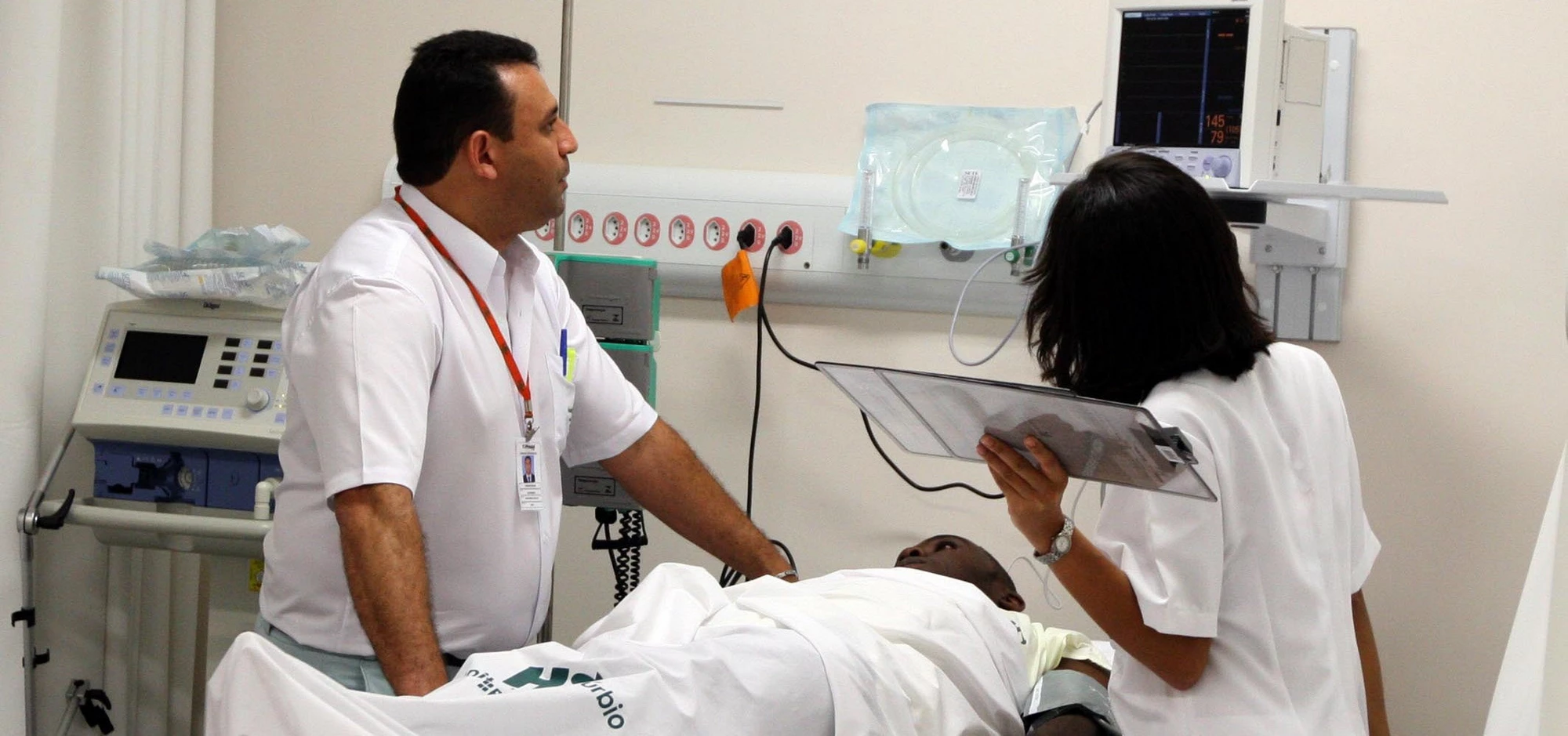
Brazil is home to the **Sistema Único de Saúde (SUS)**, or Unified Health System, which is one of the largest public healthcare systems in the globe. SUS, which was founded in 1988, is an audacious testament to the principle that **health is a universal right and a state responsibility**. **Free healthcare services are accessible to all Brazilian residents, irrespective of their income, employment, or legal status, through this system**.
Although obstacles persist, SUS has revolutionized the healthcare sector in Brazil and established itself as a potent illustration of inclusive public health in a vast, diverse, and developing nation.
—
### A Constitutional Right to Health
SUS was established subsequent to Brazil’s transition to democracy in the 1980s. The 1988 Constitution formalized the right to health, which resulted in the establishment of a publicly funded, unified health system that was intended to:
* Provide services to the entire population, not just formal workers * Incorporate prevention, curative, and rehabilitation care
* Advocate for **social justice and equity**
Brazilians are not required to pay for covered services at public facilities, as SUS is **free at the point of care**.
—
### The Scope of SUS
SUS offers a **wide variety** of services, such as:
* Primary care is provided by local health clinics. * Specialist consultations and hospital care are available. * Emergency services are available. * Vaccinations and infectious disease control are provided. * Mental health services are available. * Maternity care and family planning are provided. * Access to essential medications is available. * Organ transplants and high-complexity treatments are available.
Brazil’s **national immunization program** is one of its most notable accomplishments, as it has substantially reduced childhood mortality by providing vaccines at no cost.
—
### Financing and Structure
SUS is a collaborative and decentralized organization that includes:
* **Federal government** (policy, standards, and funding) + **State governments** (coordination and resource distribution) + **Municipal governments** (service delivery)
The primary source of funding is **tax revenues**, with allocations determined by population, need, and service capacity. The decentralization process enables local authorities to customize services to address regional health challenges; however, it also introduces **variability in quality and access**.
—
### SUS’s Accomplishments
Measurable public health improvements have been achieved since the implementation of SUS:
* **Increased life expectancy** * **Declines in infant and maternal mortality** * **Control of diseases such as HIV/AIDS, tuberculosis, and Zika** * **Expansion of access to primary care**, particularly through the **Family Health Strategy** (Estratégia Saúde da Família), which dispatches multidisciplinary teams into communities
SUS was instrumental in the coordination of the response, the provision of care, and the execution of **one of the world’s largest vaccination campaigns** during the COVID-19 pandemic.
—
### Obstacles and Criticisms
SUS is confronted with persistent obstacles, despite its advantages:
* **Underfunding and resource shortages** * **Long wait times** and bureaucratic inefficiencies * **Inequities in the quality of care** between urban and rural areas * **Overreliance on emergency services** due to deficits in primary care access]
Furthermore, Brazil’s **private healthcare sector** is expanding, resulting in a dual-track system. Approximately **25% of Brazilians** utilize private health plans, frequently opting for them due to their perceived higher quality or quicker access. They continue to receive services from SUS when necessary, such as for emergency or specialized care.
—
### Prospective
SUS is a **remarkable social achievement** in Brazil, as it provides universal healthcare in a middle-income country with substantial geographic and socioeconomic diversity. In order to maintain its resilience, equity, and sustainability, it is imperative that it continue to invest, reform, and innovate.
Brazil’s experience with SUS serves as a compelling case study of how **political will and constitutional commitment can materialize into tangible health improvements for millions**, as the global community grapples with the challenges of expanding access and containing costs.
—
**Interested in the ways in which other countries provide universal healthcare? We should investigate the systems of additional nations and determine the lessons they can impart.**
Leave a Reply